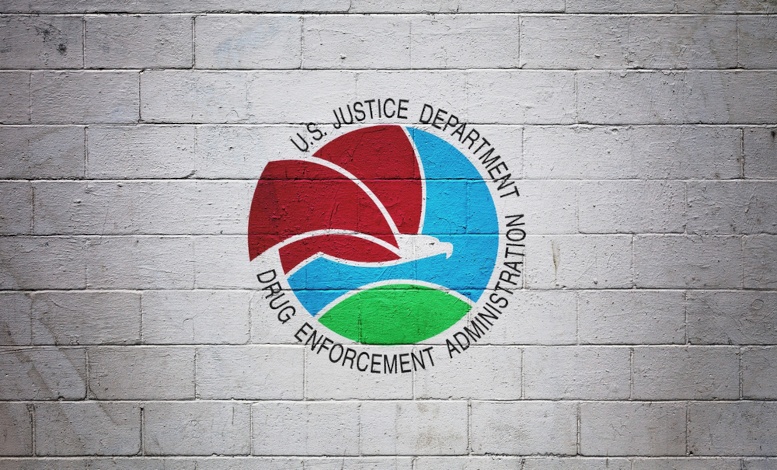Hemp-derived synthetic forms of THC, the psychoactive element in cannabis, do not meet the federal definition of hemp and are therefore controlled substances, the U.S. Drug Enforcement Administration (DEA) has asserted.
The agency’s statement on delta-8 THC-O and delta-9 THC-O is the latest input into the ongoing debate in the USA sparked by the proliferation of delta-8 products, which are widely available in convenience stores and smoke shops in the absence of a clear understanding of their potential effects on consumers.
Made in the lab
Delta-8 and delta-9 THC naturally occur in hemp but only in trace amounts. Producers have turned to the laboratory to make products with higher concentrations of the two THC forms, both of which are based on CBD produced from hemp.
“Delta-9-THCO and delta-8-THCO are tetrahydrocannabinols having similar chemical structures and pharmacological activities to those (naturally) contained in the cannabis plant,” Terrence L. Boos, head of the DEA’s Drug & Chemical Evaluation Section, wrote when queried about the two forms of THC in a letter from Rod Kight, a North Carolina-based cannabis attorney.
Producers started making delta-8 THC products amid the drastically diminished fortunes of the CBD sector, where demand did not reach inflated expectations and oversupply caused prices to plunge by as much as 90% over the past three years. Some analysts have said at least 75% of the current supply of CBD is going into the production of unregulated delta-8 products.
Gaps in law
Federal lawmakers failed to account for synthetic forms of THC produced from CBD when they legalized hemp through the 2018 Farm Bill. Under that measure, hemp-derived products are not subject to the same THC testing requirements as marijuana. Producers have argued that because the Farm Bill made hemp and its downstream products legal, delta-8 is therefore also legal. A U.S. appeals court ruled last year that a strict interpretation of the Farm Bill makes delta-8 legal, noting that lawmakers can correct that situation with further legislation.
Opponents suggest the Farm Bill never intended hemp to be used to make psychoactive compounds and that nefarious players are exploiting the bill’s language to sell highly potent synthetic THC products that are often rife with contaminants, inaccurately labeled, and marketed in manners that could be appealing to children.
“It has always been my view that THCO is a controlled substance under federal law,” Kight said in a recent blog post. “Although it can be made from cannabinoids from hemp, THCO is not naturally expressed by the hemp plant. It is a laboratory creation that does not occur in nature, at least not from the hemp plant.”
Landscape unfolding
In the absence of federal rules, some states have outlawed delta-8 THC altogether while others are treating it under rules for products that carry delta-9 THC naturally derived from marijuana plants.
Meanwhile, CBD, the base material for both forms of synthetic THC, itself remains unregulated by the federal government, although some states are establishing local rules for the compound. The U.S. Food and Drug Administration (FDA) last month called on Congress to set a framework for CBD through legislation, saying current federal safety standards are insufficient to manage the products

